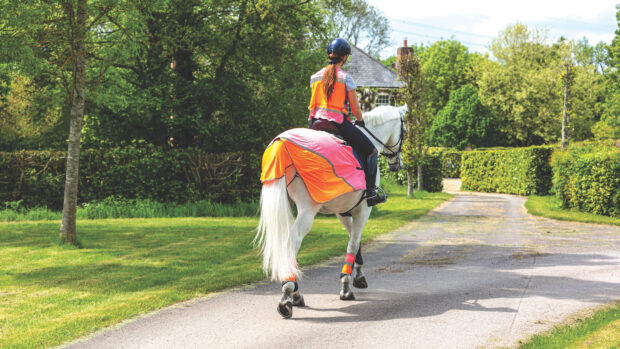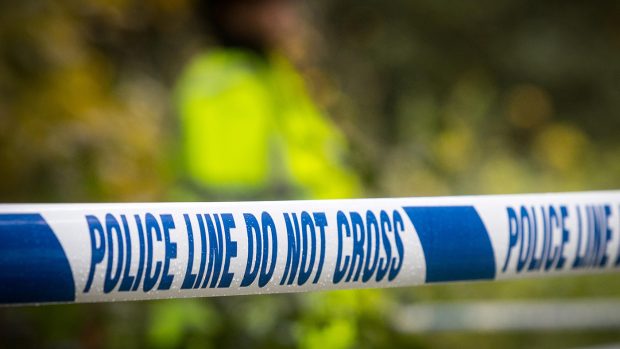All horses, ponies and donkeys must have a unique registration number and passport by 2004
All horses, ponies and donkeys in England and Wales must hold a passport, which willinclude a unique registration number and a record of veterinary treatment, by 31 December 2003, the government announced yesterday (14 February, 2001).
Compulsory registration of all equines has been introduced to bring the country in line with European legislation, which is designed to prevent horses treated with certain veterinary medicines from entering the human food chain.
“Registered horses and ponies without passports and unregistered animals alike will have to obtain passports from approved organisations,” explains rural affairs minister, Alun Michael.
“Owners of horses and ponies which currently have passports will be issued with the new extended passport containing details of administered veterinary medicines.”
DEFRA is unable to confirm which organisations have been approved to issue passports or how much the passports will cost at this time.
“The BHS welcomes the introduction of passports for every equine,” says BHS chairman Pat Campbell. “From a welfare point of view it will make identification much easier. When buying and selling horses it will be possible to get a full history, as well as a medical record of vaccinations.
“Many horse owners may resent yet further regulation and expense, but we must look at this from a wider perspective,” she explaine. “For the first time we shall know exactly how many horses and ponies there are in this country. This will give the BHS greater leverage with local and central government when putting the case for horse owners.”
The BHS will be issuing passports and expects them to cost around £20 to £25 each. Owners of horses that are not eligible to be registered with a breed society, a competitive discipline or other organisation can apply to the BHS for a passport.
The International League for the Protection of Horses agrees that the passport scheme will help improve equine welfare.
“In terms of welfare, we hope that every equine needing to have a passport will have a significant impact on indiscriminate breeding and over production,” says David Mountford, ILPH director of operations.
The government also intends to introduce a central database for all equines, to aid disease control and centralise breeding data.
DEFRA has set up a special hotline to answer horse owners queries, (tel: 08459 335577).
Don’t miss next week’s special first show number of Horse & Hound (21 February 2002) which includes all you need to know about how the new regulations will affect you and your horseor click here to subscribe.




